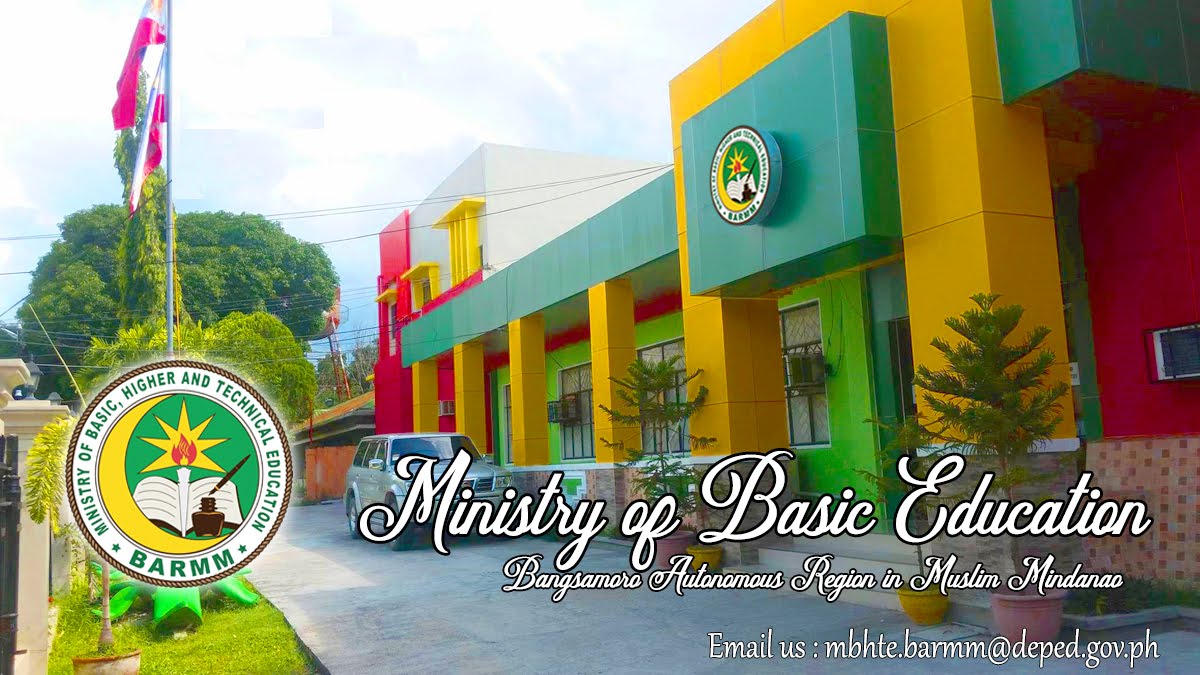ZAMBOANGA CITY -- Overhauling the education sector in the autonomous Muslim region is the real challenge of the reform agenda earlier set by President Benigno S. Aquino III, a ranking official of the region said on Friday.
Teaching and non-teaching personnel of the Department of Education constitute about 80% of the total workforce of the Autonomous Region in Muslim Mindanao (ARMM) and more than 60% of the region’s annual budget goes to their salaries and monthly operating expenses, Noor D. Saada, ARMM’s assistant secretary for education, told BusinessWorld in an interview.
Allegations of corruption have hounded the region’s education sector for years, but Mr. Saada said the situation has changed. “We are in the reform mode, trying to address strategic concerns that plague the system,” he said. “These concerns include ghost data; problems with recruitment, selection and promotion; and deteriorating education performance.
“If we can resolve the region’s education problems, more than half of ARMM problems are already solved,” he said.
Mr. Saada said that the regional government was able remove ghost entries in the payroll. He added that the new administration will prioritize licensed teachers by verifying results from the Professional Regulation Commission (PRC).
“For the rest of the personnel already in the system, we are doing the same PRC license verification,” he said.
Samira Gutoc-Tomawis, sectoral-representative to the Regional Legislative Assembly who heads the committee on education, said she will be calling for a committee on education hearing sometime before June 4 to see what the legislative branch can do to support the reform agenda.
Meanwhile, starting next month, an Islam-friendly and culturally sensitive curriculum for Muslim students will be implemented in the autonomous region even as the National Government continues to allot resources to further train Muslim teachers.
Mr. Saada said that the curriculum, which was launched recently in Lamitan City, Basilan, aims at hiring an additional 2,200 Arabic teachers in the region. The region’s Education department said in a statement that there are two types of curriculum prescribed in madrasah or Muslim educational institutions, namely:
• The Enriched Curriculum for public elementary schools which uses the Arabic Language and Islamic Values Education (Alive) taught by qualified asatidz (Muslim teachers) who were trained by the Dep-Ed; and,
• The Standard Curriculum for private madaris (Muslim schools) which teaches subjects such as Qur’an, Seerah (Life Story of the Prophet), Hadith (Sayings of the Prophet), Aqueedah (conduct), Fiqh (jurisprudence) and Arabic language alongside Science, Math, English, Filipino and Makabayan.
“We are glad that the Madrasah Alive curriculum will be finally taught in the heartland of Muslim society years after it was first successfully implemented in seven other regions including the National Capital Region where there is a sizable Muslim population,” said Education Secretary Armin A. Luistro in a statement.
Mr. Luistro noted that madrasah education is the third priority in Mr. Aquino III’s 10-point education agenda. For 2012, Mr. Luistro has approved the allocation of P300 million to fund various initiatives to widen the implementation of madrasah and upgrade the training of Muslim teachers. -- Amilbahar S. Mawallil
